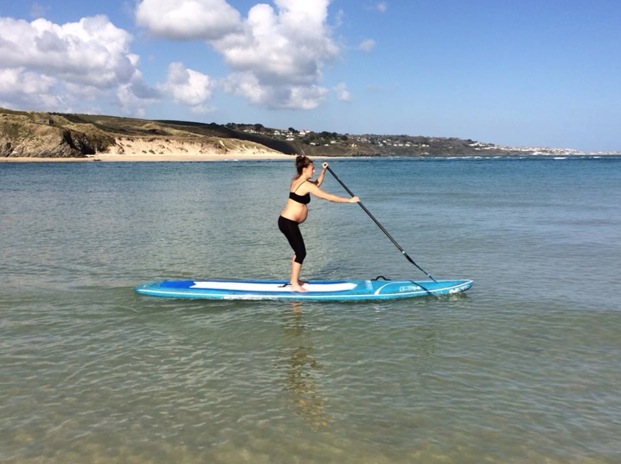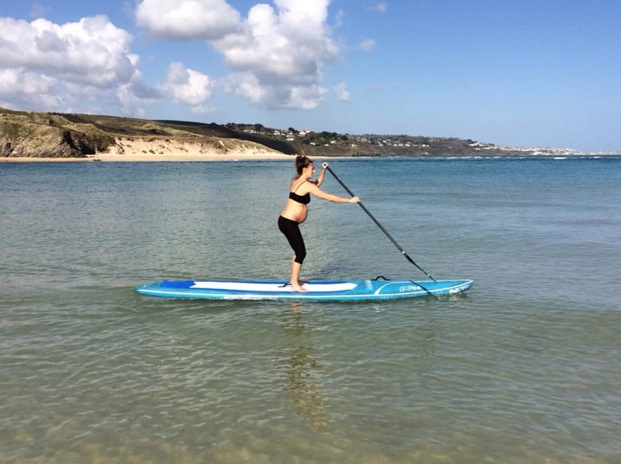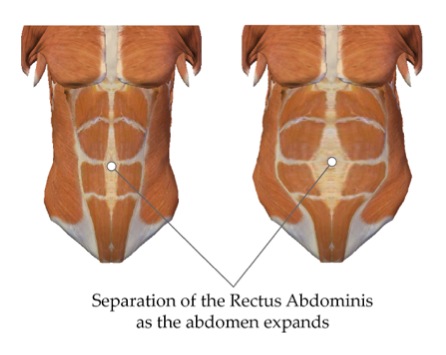
Can I paddle when I’m pregnant?… Physiotherapist Damian Warner is back with another great article, this time all about pregnancy and paddleboarding, and what you should consider to ensure you SUP safely.
I’m often asked for advice on what activities you can do when you are pregnant and whether it’s safe. With rise in female SUP participation worldwide more women are keen to get on the water (pregnant or not). However a large proportion of pregnant women are unsure if they should be. Well, there are certainly a few things to consider…
Competency
The first thing to consider is have I paddled before? If you have then provided you have had no complications, there is no reason why you can’t keep up your normal level of activity for as long as you feel able. In fact, there is some evidence to suggest that more active women will have fewer problems in the later stages or even in labor.
There are obvious benefits of exercise and feeling good about being on the water. Additionally, with safe technique it is possible to strengthen the muscles that usually become weak during pregnancy, which are strongly linked to problems such as pregnancy related pelvic girdle pain, back pain or incontinence.
Guidelines advise against taking up any new activities during pregnancy, and I certainly wouldn’t recommend taking up SUP for the first time whilst you are pregnant. You may risk falling, straining or over exerting yourself.
Intensity
Don’t push it too hard (whilst paddling). It’s likely that you will need to slow down as your pregnancy progresses. As a general rule you should be able to hold a conversation whilst paddling. If you can’t then you are probably going too hard. If in doubt have a chat with your maternity team.
Technique
If you are pretty competent then this makes it a lot easier to modify your technique. Assuming that you have paddled before the effects of pregnancy will limit you. One of the modifications you will have to make is forward reach.
Try not to bend forwards too much. This will increase the likelihood of using your abdominal muscles (rectus abdominis). Pregnant women are at risk of developing diastis recti (tearing your abs) if you bend forwards with force. Naturally there will be an element of separation and stretching to allow the baby to grow – But additional tearing can lead to problems later down the line.
Although it goes against most coaching points… try and stay fairly upright (shown by the yellow line) and draw your pelvic floor and belly button tight to maintain stability.



